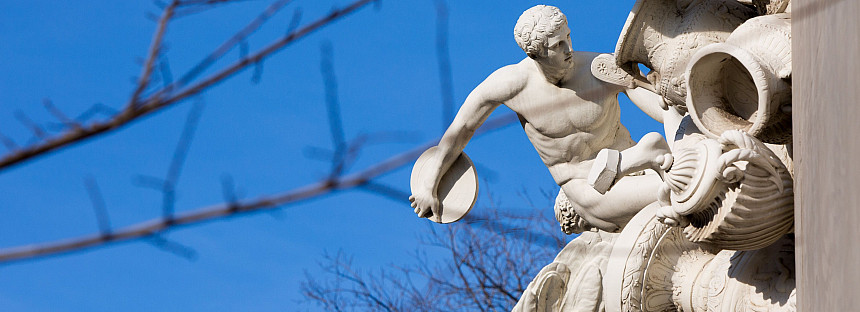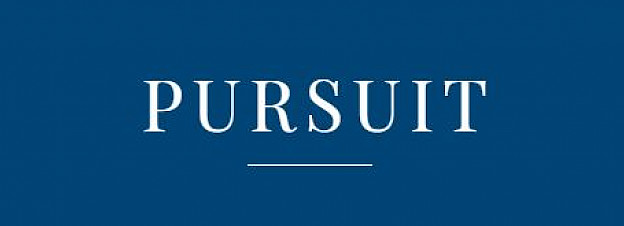
Events
School of Mathematics and Statistics at the University of Melbourne
Featured events
3rd International Mycobacterium ulcerans Conference (IMUC-III)
Hosted by the WHO Collaborating Centre for Mycobacterium ulcerans in partnership with the Peter Doherty Institute for Infection and Immunity (Doherty Institute), the 3rd International Mycobacterium ulcerans Conference returns to Melbourne for the first time in over 25 years.
We invite all those working on and interested in M. ulcerans regardless of career stage to join us in Melbourne from 20 - 22 November 2024.
Key Dates
Registration open: Tuesday, 20 February 2024
In-person registration closes: Friday, 31 May 2024
Online registration closes: Friday, 15 November 2024
Program
Session one: Where in the world is (and was) Buruli ulcer?
Session two: Reservoir and transmission
Session three: Poster display
Session four: Pathogenesis and host response
Session five: Excursion to Buruli ulcer endemic areas (optional)
Session 6: Diagnostics
Session 7: Vaccines and prevention
Session eight: Antibiotics and treatment
Abstracts
The Organising Committee is now inviting abstract submissions for the 3rd International Mycobacterium ulcerans Conference (IMUC-III) from 20 – 22 November 2024 in Melbourne, Australia.
Submissions are invited for:
- Oral Presentations (10 mins + 2min Q&A)
- Poster Presentations
To register and for abstract submissions visit the IMUC-III website.
A reflection on Palestine, Australian media and who gets to shape the story
2024 A N Smith Lecture in Journalism presented by the Guardian’s Nour Haydar and supported by the Centre for Advancing Journalism.
Over recent years there has been an increased focus on ‘diversity and inclusion’ in Australian newsrooms, however what are the limitations of this in the context of Israel’s attacks on Gaza?
Drawing on her lived experience of losing her grandmother in an IDF strike in southern Lebanon in 2006, journalist Nour Haydar will reflect on her time in the industry and provide insight into how journalists can improve practices when it comes to reporting on state violence.
In what ways can workplaces better engage with the people who are directly affected by violence? How can organisations empower journalists to report with rigour and authenticity on events that they have unique and valuable insight into? What do terms like credibility, objectivity and impartiality mean in the modern and diverse newsroom?
Accessibility: This is an in person event and will be recorded; The Kathleen Fitzpatrick Theatre utilises a hearing aid loop. It is also wheelchair accessible: enter Arts West via Professor’s Walk using the southernmost automatic doors; via the ramp behind the main staircase proceed to the single elevator to the rear of the building by the toilets to the sub-basement (SB) level. Accessible bathrooms are available on the basement (B) and ground floors.
The AN Smith lecture has a unique place in Australia’s cultural history. It is the oldest journalism lecture series in Australia, having commenced in 1936 after a bequest to the University of Melbourne from the family of Arthur Norman Smith, who was a founder of the Australian Journalists’ Association. The lecture is presented each year by a leading authority on an important aspect of journalism. Over its 80-plus year history, the lecture has been presented by personalities including journalists, politicians and even a Vice-Chancellor. Some of the more noteworthy were Graham Perkin (1974), Michelle Grattan (1988), Rupert Murdoch (1972), Kevin Rudd (2021), and Walter Robinson (2018). The Centre for Advancing Journalism is currently working on locating and archiving all AN Smith lectures.



